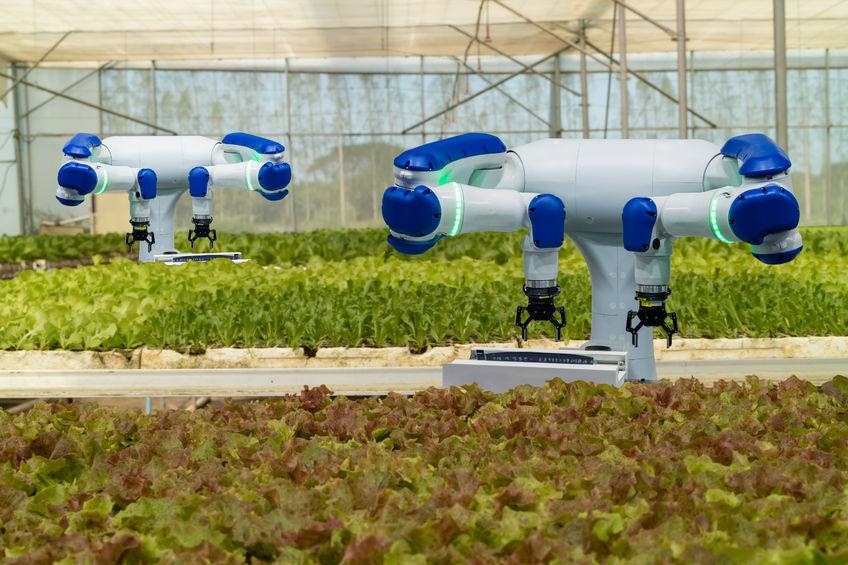
The government has hailed a "golden age" of British agricultural innovation as it looks to exploiting the increasing global demand for food.
The government has committed to increasing spending on new agricultural projects which creates innovation by harnessing new, cutting-edge technologies.
UK Government minister Lord Ian Duncan will visit scientists creating these high-tech developments in agriculture at Scotland’s biggest agricultural event, the Royal Highland Show.
Lord Duncan, who is Parliamentary Under Secretary of State, said the importance of scientific innovation in farming and agriculture is "vital" to help grow the sector.
He said agriculture is "part of the lifeblood" of the UK, and is also an area which is at the cutting edge of science and technology.
“Anyone who thinks that farming is tweedy and dusty would be astounded at the level of technology and scientific precision involved in modern day agriculture," Lord Duncan said.
“We know that this work in innovation is key to increasing productivity and sustainability in agriculture and will allow the UK to continue to compete globally, meeting the growing demand for British food around the world."
'Productive and profitable'
In February, Business Secretary Greg Clark announced £90 million of new funding through the recently-announced Industrial Strategy.
The funding will support agricultural technology through Artificial Intelligence, robotics and earth observation to improve supply chain resilience in the agri-food sector.
He highlighted how new technology is boosting farmers’ earning power and making agri-businesses "more productive and profitable than ever before".
The funding, delivered as part of the new the Industrial Strategy Challenge Fund, will make it easier for food and agri-business to embrace technology that will be critical to meeting the increasing food demands of a growing population.
The increased government spending comes as latest statistics show global demand for food is projected to grow 60% by 2050.
According to Defra, technological innovation is key to competing globally and exploiting rising food consumption, unlocking the potential of farming by improving productivity and tackling problems such as pests and disease.
New approaches
British farmers, agri-tech companies and research centres are increasingly leading the way in this area, using technology like data, robotics and AI to help create new technologies and herald new approaches.
Examples of British organisations creating innovation withing the sector include the Agricultural Engineering and Precision Innovation (Agri-EPI) Centre, who will bring together leading organisations in the food supply chain to become boost engineering and precision agriculture.
The mobile app and website CROPROTECT, developed by Rothamsted Research, is helping farmers to protect their crops with farmers and agronomists using it to exchange best practice and tips on smart management of pest, weed and diseases.
Ordnance Survey have used their satellites to accurately map 232,342 miles of England’s farmland hedges to create a new digital dataset and use planes with fixed state-of-the-art digital cameras to record thousands of individual photos that can map out farms and entire green landscapes.
Artificial intelligence within the agricultural industry is expected to grow 24.3 percent by 2024, and will become a $12bn industry by 2027.
